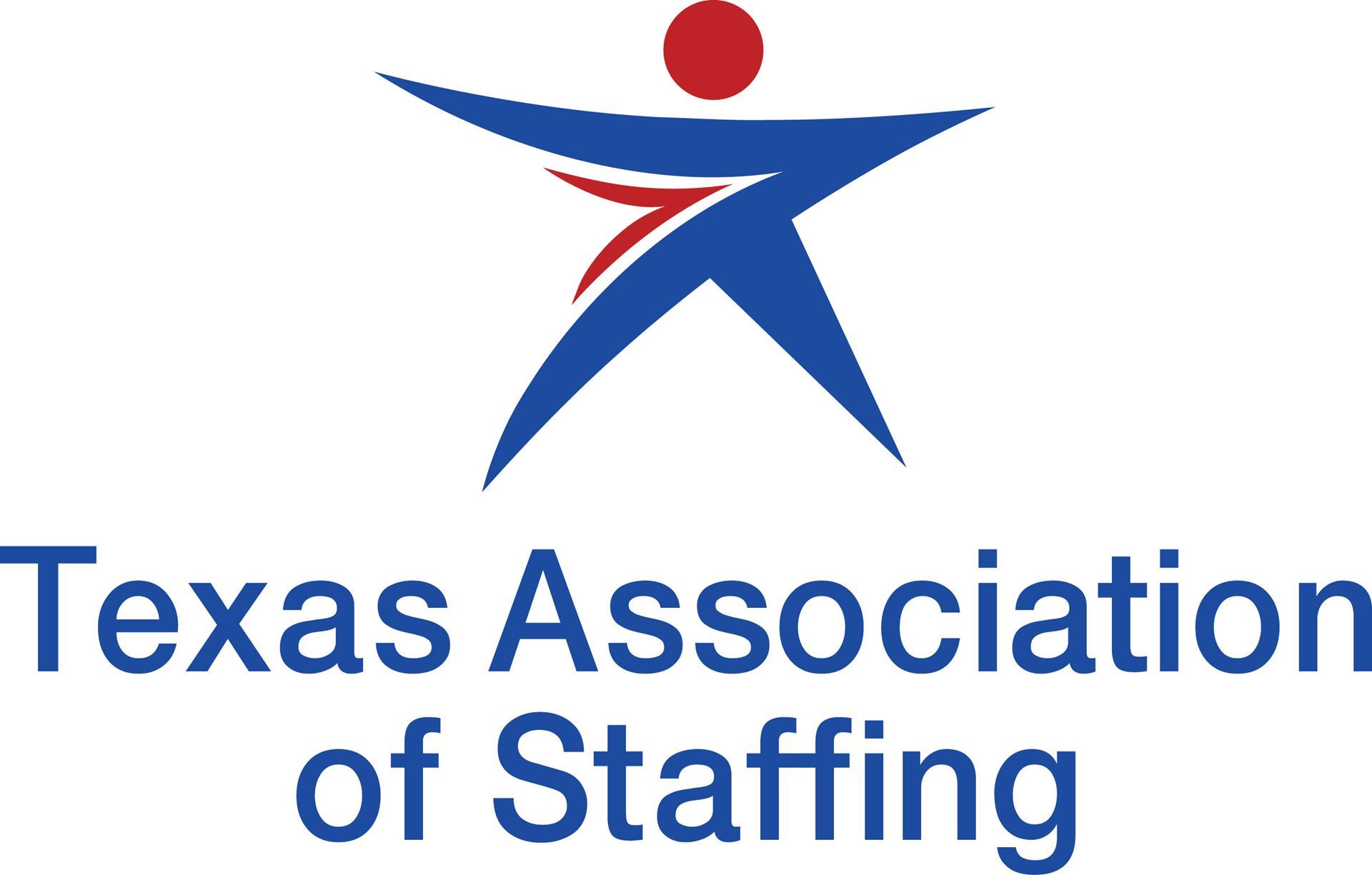Sick Leave Files
Follow Us
2/13/2019 - Austin American Statesman
Abbott backs bill halting local sick- leave regulation
BY NICOLE COBLER NCOBLER@STATESMAN.COM
It should be up to Texas employers — and not local politicians — to decide what benefits they offer their workers, Gov. Greg Abbott said Tuesday in a speech to an association of small business owners.
Having a city or county government create local regulations for employee benefits creates “a patchwork quilt of regulations” that drive up the cost of doing business, Abbott told members of the National Federation of Independent Business.
The governor said he will back the Consistent Employment Regulations Act
— a measure filed Tuesday by Sen. Brandon Creighton, R-Conroe, and Rep. Craig Goldman, R-Fort Worth — that would ban local governments from regulating employee benefits.
“Paid sick leave, for a lot of businesses, is a great strategy,” Abbott said in his speech for NFIB-Texas’ Small Business Day. “It can be a recruiting tool that some businesses use to attract employees to go work for them, but it should be exactly that. It should be an option chosen by the business based upon their strategy of what they want to do, as opposed to a government mandate.”
NFIB’s Texas policy agenda includes fighting “progressive labor causes,” like paid sick leave and $15 minimum wage, according to the group’s priority list. Its top Texas priority is passing tax reform measures and legislation that regulates private employer’s business practices such as hiring, scheduling and employee benefits.
Sen. Donna Campbell, R-New Braunfels, filed a similar measure Tuesday to ban cities and counties from regulating employment benefits, including sick leave, holidays and vacations.
The bills followed a 2018 lawsuit by a coalition of business organizations, including NFIB, which sued Austin in April to challenge the the city of Austin’s paid sick leave ordinance on employers.
A state appeals court in November struck down the city ordinance before it could take effect.
Abbott used Austin as an example of how city regulations for employee benefits could go wrong, saying employers might move their businesses out of the city and into another county to avoid regulations.
“For other people, they may move their business across state lines,” he said. “We don’t want businesses moving out of the state. We want businesses moving into the state of Texas.”
Opponents of the legislation, including the Workers Defense Action Fund, say its broad language and scope would have a devastating impact on workers rights.
“The bills filed today are blatant attacks on workers rights and clear acts of state interference,” Juliet Barbara, a spokeswoman for the group, said in an email. “Hardworking Texans should never have to choose between keeping their job or taking a sick day to care for a child or sick relative.”
But Annie Spilman, state director of Texas for NFIB, said the group wants to show lawmakers that “consistency is key” for small business owners. The group will back Creighton and Goldman’s Employment Consistency Act in the legislative session, which Spilman said “encourages a uniform set of laws on the state level.”
“There’s a point when there’s so much regulation that they can’t focus on their business or on their employees,” Spilman said. “We’re finding more and more and more that cities are trying to implement private employment practices on top of what the state is doing and on top of what the feds are doing.”
Abbott on Tuesday also laid out other priorities he said will help businesses, such as property tax reform, improving teachers’ pay and decreasing crime in the state.
An NFIB poll found that its members believe property taxes are the state’s fifth-biggest problem. The cost of health insurance, uncertainty over economic conditions, government actions and “unreasonable government regulations” were also among the top five issues for the group’s members.
